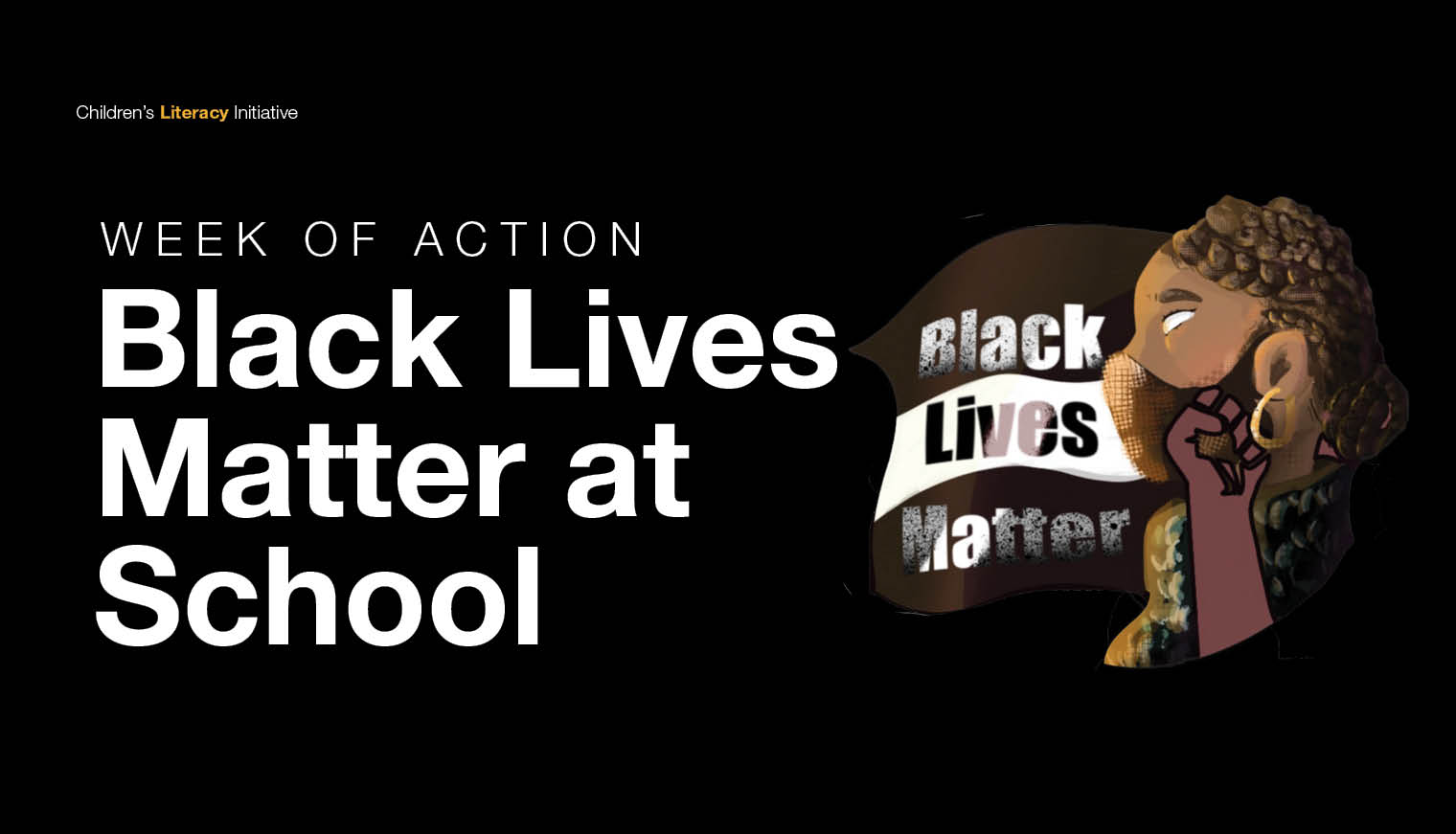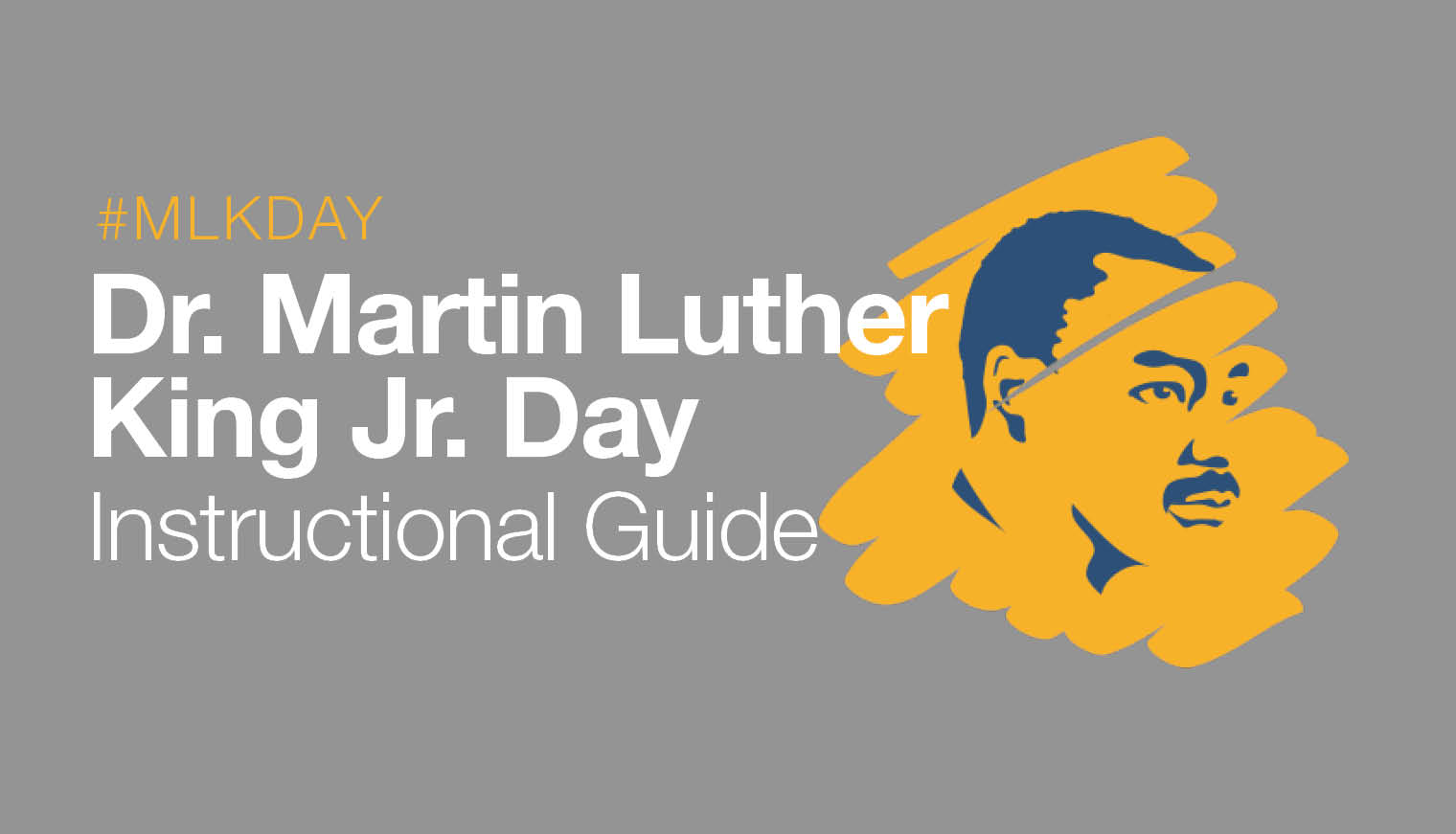DEI MUSING
Identity Is Complicated
Written by: Brian L. Johnson
I’ve been thinking a LOT about identity lately – its complex nature, its variability and the importance of its role in developing healthy human beings. Identity is foundational, incredibly essential, and can be transformative. That’s powerful. It’s the reason why we spent the entire fall on trainings related to this topic. Think about it... understanding who you are, where you are from, what drives you, what experiences have influenced you... are key in understanding who we are as people. I will also argue that this development of self better prepares you to take on anti-racism work
- Hispanic – American made for the Census, developed and imposed to group anyone who speaks Spanish
- Latino(a) – refers to having geographical roots in Latin America, involves ethnicity and culture
- Latine – created in Latin America and used there as well, created to be more inclusive of gender and sexuality, seems to have been adopted and used more by younger generations while not very popular with older generations, not used widely in the United States, has an inherent Spanish pronunciation
- Latinx – created in Latin America, but not widely used there, created to be more inclusive particularly amongst the LGBTQ community, used widely amongst progressive organizations and academia, although not widely popular with older generations, the term is becoming more popular, also seen as more of an American experience, doesn’t have an inherent Spanish pronunciation and requires an understanding of English
Written by:
Brian L. Johnson
Director of Diversity & Inclusion
Get Updates!
Ensure you stay up-to-date with the latest news, impact reports, donor events, and much more.



